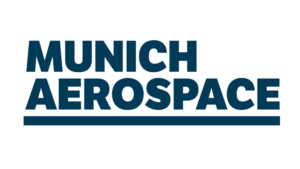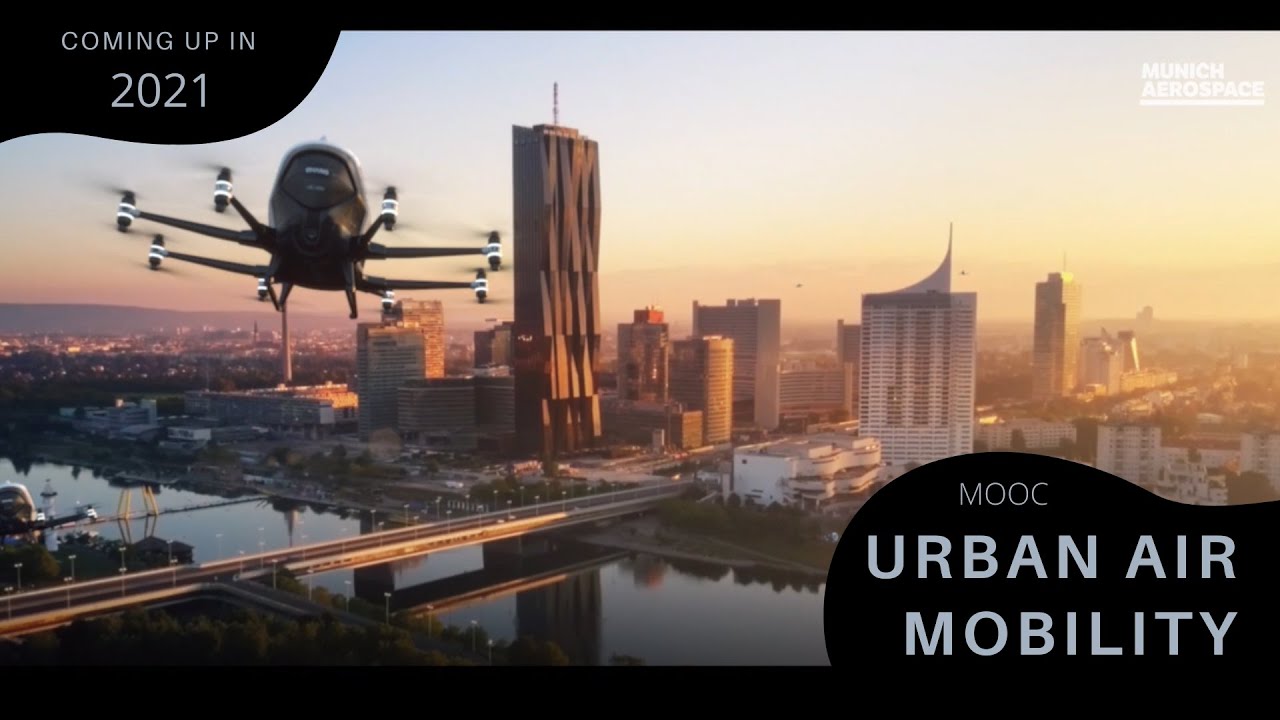Urban Air Mobility
| Language: | English |
| Location: | Online |
| Duration: | Self-paced |
| Start: | Anytime |
| Cost: | 45 EUR |
By 2030, it is estimated that around 60 percent of the world’s population will live in cities. If we succeed in shifting some of the traffic from the roads to the air, researchers believe this could help to further secure the basic human need for mobility.
The course gives you a first introduction to the relatively new field of urban air mobility, explains the technical background and provides an overview of all other necessities such as air traffic management, public acceptance and environmental sustainability.
The course gives you a first introduction to the relatively new field of urban air mobility, explains the technical background and provides an overview of all other necessities such as air traffic management, public acceptance and environmental sustainability.
Quick Info
Enroll in our certificate program on Coursera today and begin your learning journey with us!
Navigation
Benefits
01
1
New Subject Area
The course gives you an introduction to the relatively new field of urban air mobility – technical background, air traffic management, public acceptance and environmental sustainability.
02
2
First-hand Know-how
During the course, you will benefit from renowned lecturers from TUM and other institutions who are directly involved in the development and implementation of urban air mobility projects.
03
3
Certificate from Coursera and TUM
A verified certificate from Coursera and TUM certifies your acquired knowledge and skills in the field of urban air mobility after a successful final exam.
Urban Air Mobility
Global Aerospace Campus announces first international MOOC “Urban Air Mobility”
Program Overview
You can find all the important information about the certificate program here. Below you can find out the objectives of the program, the exact details of the process, what you will learn and which lecturers will teach you the content.
Learning Objective
Here you will find information on the aims of this course and its content.Details
Here you will find information on dates, requirements and other general conditions for the certificate program.Lecturers
Get to know our experienced lecturers who will teach you the certificate content and with whom you will work.Structure
Find out how the program is structured and what content you can expect.Testimonials
Partner

Munich Aerospace







